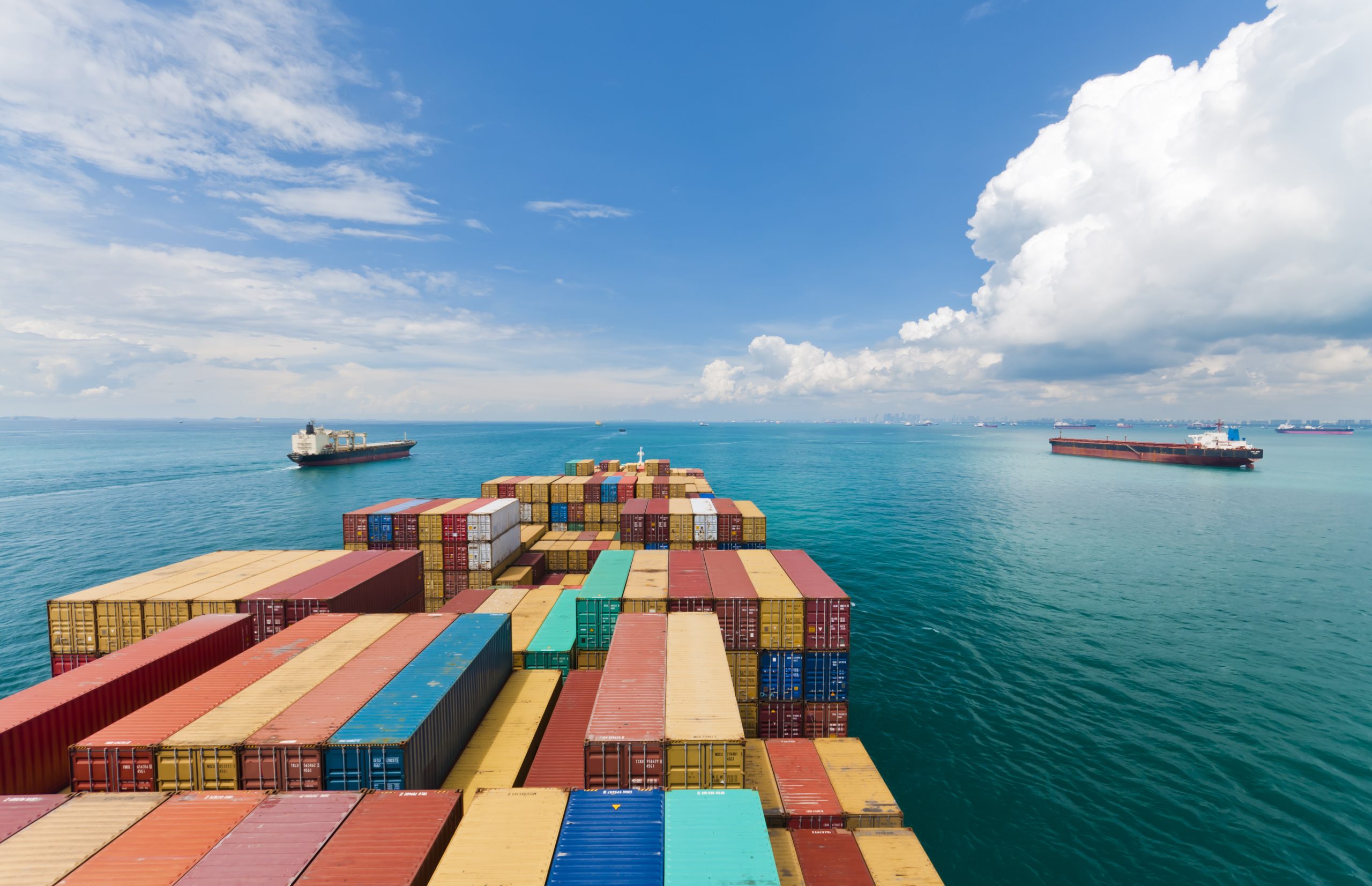 By Michael Grey*
By Michael Grey*
We need the shipping industry more than ever – it’s essential to modern life, so why do so many different interests spend their days beating it up? It was a question that occurred to me when reading about the latest draft guidelines about measures to reduce the impact of underwater radiated noise, which (the guidelines, not the noise), have emerged from the International Maritime Organisation. These will have been promoted by the burgeoning number of NGOs which seem to have inserted themselves into an organisation which, we ought to remind ourselves, was once primarily engaged in the improvement of maritime safety.
It’s not that we should be ignoring the noise that humans have been making in the seas and oceans ever since the first mechanically driven ship appeared. Maybe it even predates this; you might imagine the dolphins of the Mediterranean becoming quite agitated at the threshing of all those banks of oars splashing around the fleets of triremes in classical times. And submariners tell me that noise from propellers and on-board machinery can be detected at very long ranges.
I have never been underwater in a submarine, but if you dine aboard the Master Mariners’ HQ ship Wellington, in the old boiler room well below the surface, you can clearly hear the noise of the passing commuter craft and pleasure boats as they pass. But whether this sort of thing annoys or confuses sea creatures, one can only surmise, although the activists are quite dogmatic about the subject. And the issue is now being seized upon to proscribe other maritime activities, like offshore windfarm development, on account of the underwater noise it all makes.
It won’t be cheap to mitigate either, although it is said that better propeller design reducing any cavitation makes things quieter (while improving performance). Covering the screws in graphene, or boring holes in the blades, are strategies also being advocated by some experts.
Ships might have to go even slower, or undertake massive diversions to avoid confusing sea creatures. Initially, there will be the requirements for yet another “management plan”, which must be completed, along with all the rest of the endless strategies that tabulate proposed emission reductions, count the number of barnacles on the bottom, and itemise the impact that the ship will make upon the environment from the day her keel is laid to the final snapping of the scrappers’ shears upon her remains. And that is just the start.
But to most ship operators who learn of these new problems, the reaction will probably be one of weary resignation – a sort of “what on earth will they think of next to make it harder to earn a crust running ships?” And you might be able to sympathise with these thoughts, although they won’t be able to voice them out loud, lest the legions on anti-social media descend upon them, with enraged activists gluing themselves to their office doors.
Unforeseen consequences of technical advances
If you study the cumulative burdens that have descended upon the shipping industry over the decades, and I have been looking at it for more than sixty years, there is a sort of malign pattern that seems to be followed by so many of these technical advances that are devised to mitigate shipping’s impact upon the planet, or, indeed, many of the developments per se. It’s not that they are bad in themselves – it is just that they very often have unforeseen consequences, or once out at sea, just don’t work as they should. Think of the mess we got into over antifouling with one type of coating being required to prevent harming marine life being found even more harmful than that which it replaced. Ballast management systems which, fail to manage ballast sufficiently or fall to bits because of the corrosion. There are terrible memories of oil separation equipment that just didn’t perform as it was advertised.
More recently there arrived scrubbers which seemed to work perfectly, but could not be used because of objections from coastal states. Ships were forced to employ cold ironing using electricity from coal-fired power stations. It’s a list as long as your arm, of equipment or procedures that were prescribed for all the right reasons, but for some reason, failed to deliver the goods or otherwise disappointed with unforeseen snags. It sometimes seemed that the wretched shipping industry was seen as a bottomless pit of money, or was just a test-bed for regulatory experimentation.
It doesn’t fill the average ship operator with a great deal of confidence as the next generation of shipping is expected to cascade the industry down to the nirvana of “net zero” fuels, with some of the new fuels appearing to contain very lean energy, or offer some quite frightening characteristics. You will think of your own concerns about this energetic progress, but if I lived near the docks, I might have something to say about a ship with a gigantic tank of ammonia parked on the afterdeck, berthed just over the dock wall. That one hasn’t come up yet, but maybe it should be considered.
(Shutterstock photo of containerships)
*Michael Grey is former editor of Lloyd’s List. This column is published with the kind permission of The Maritime Advocate.


